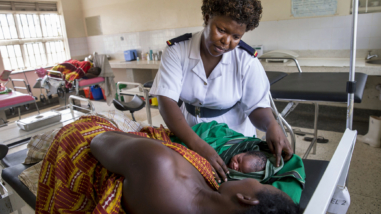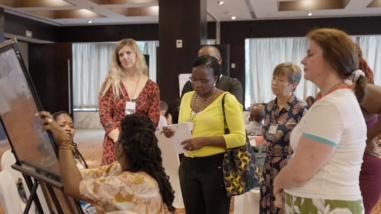Urban Institute
For A Study On The Diversity Of The Nonprofit Sector In California
-
Amount$40,000
-
ProgramInitiatives
-
Date Awarded10/10/2008
-
Term12 Months
-
Type of SupportProject
About the Grantee
Grantee Website
www.urban.org


